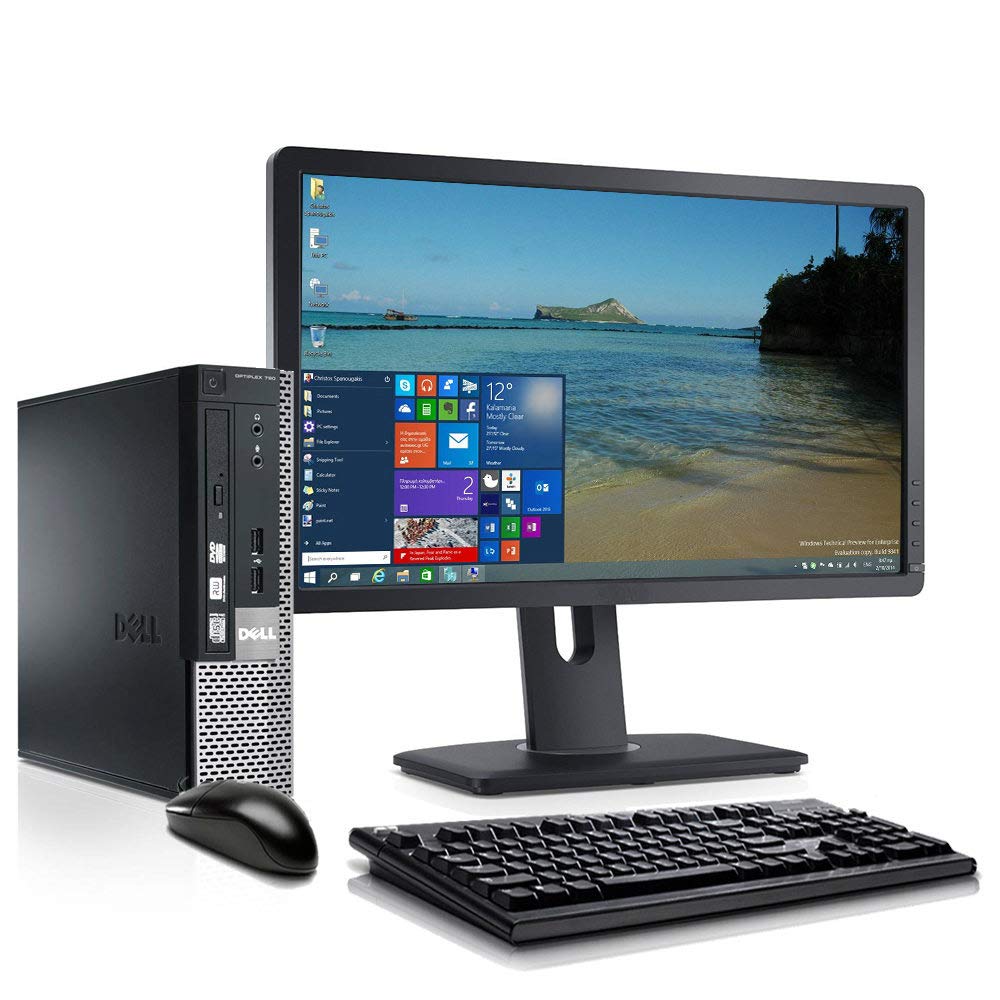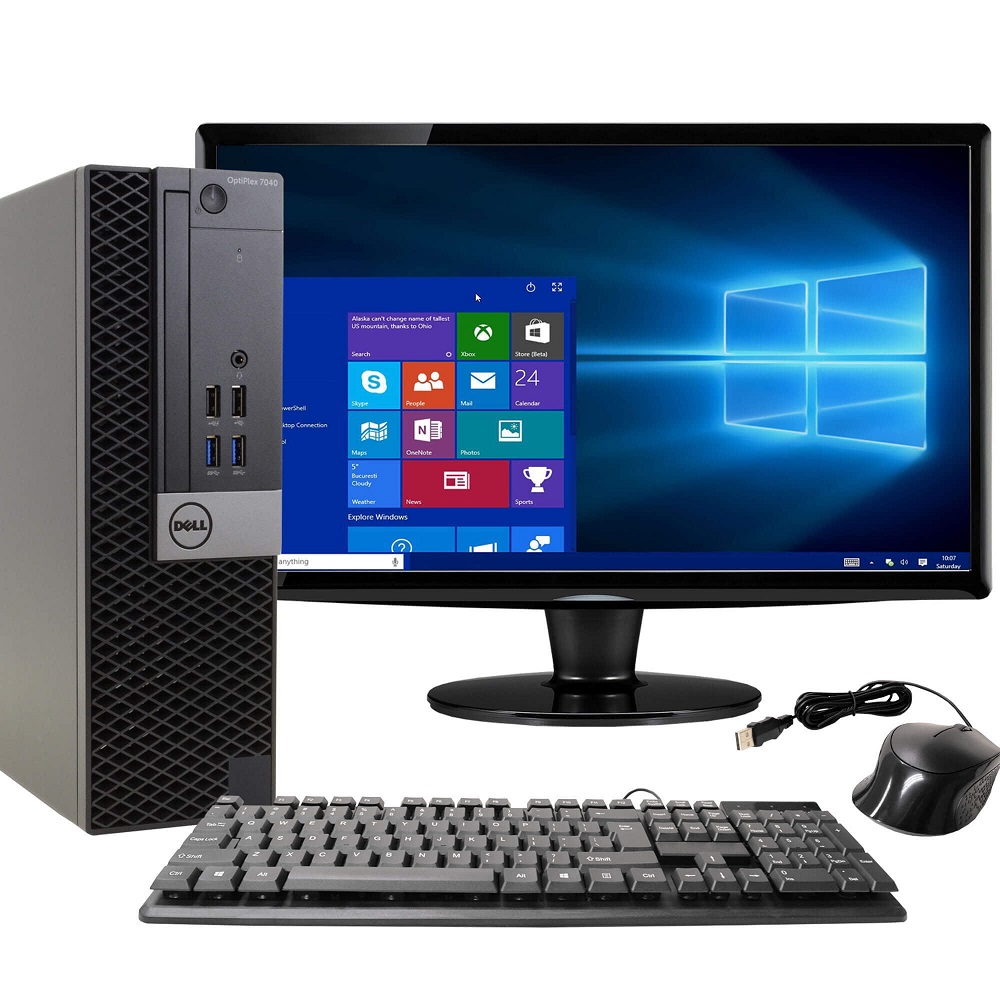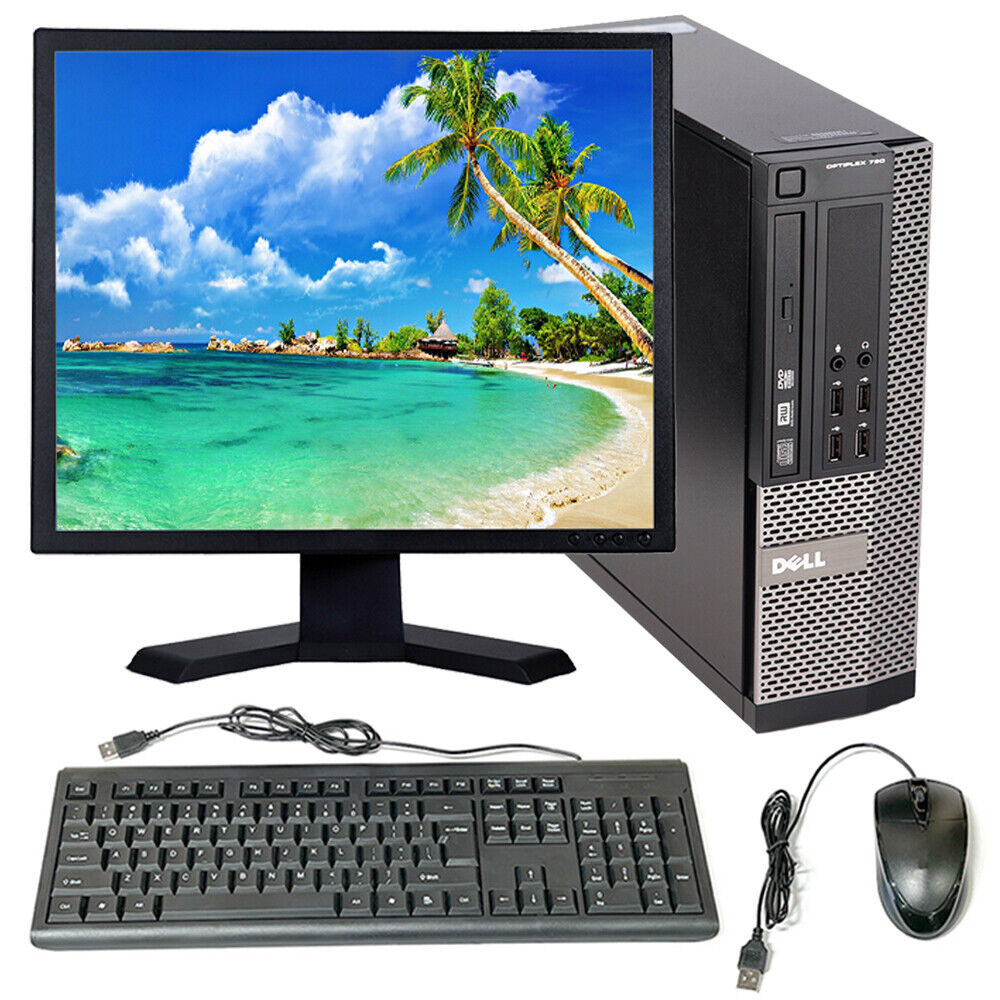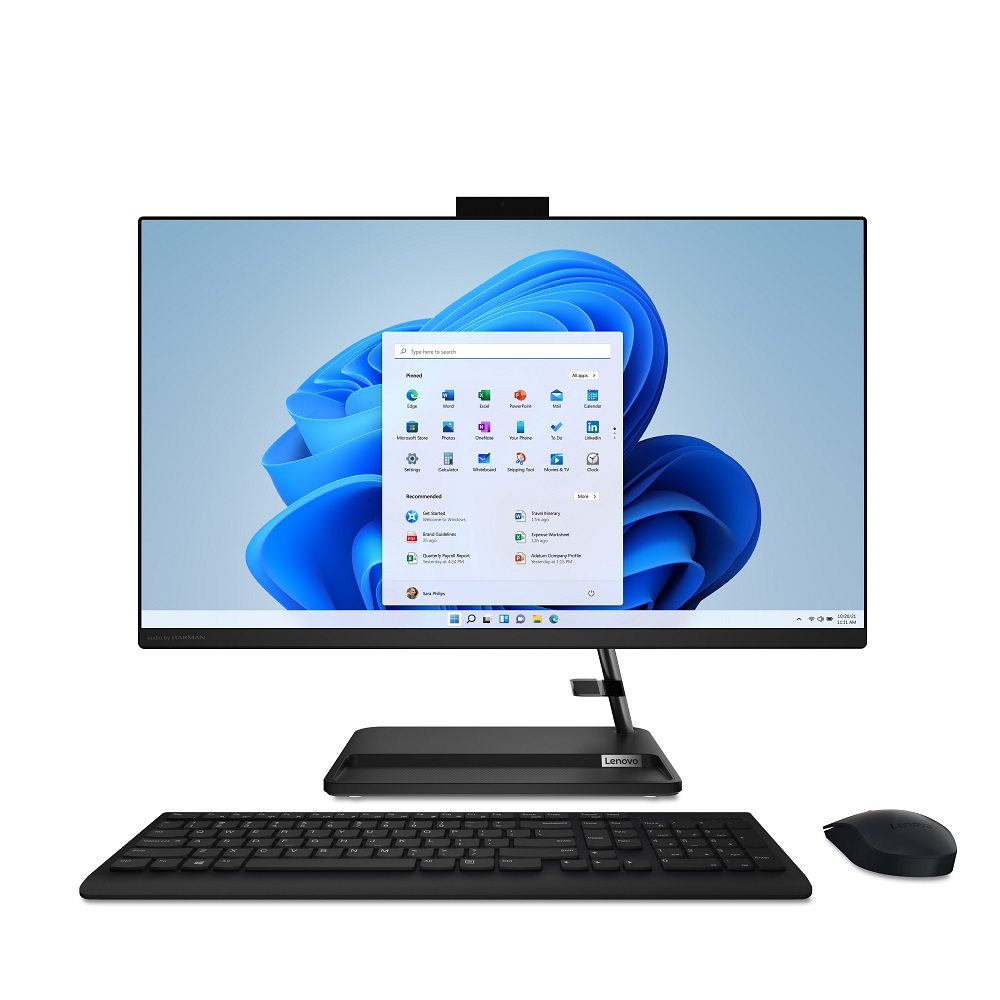Everyone has experienced the frustration of a slow computer. It seems to happen at the worst possible moments, right when you need to get something done. Whether you are trying to finish an important work project, play a game, or complete a school assignment, a sluggish computer can feel like a heavy anchor weighing you down. But what causes these slowdowns? In this article, we’ll explore several reasons why your computer might be operating at a snail’s pace. By the end, you’ll have a better understanding of how to identify the issues and, hopefully, fix them.
Hardware Limitations
Aging Components
One of the primary reasons a computer slows down is simply the age of its hardware. Computers consist of various components, including the Central Processing Unit (CPU), Random Access Memory (RAM), hard drives, and graphics cards. Over time, these components can become outdated and unable to meet the demands of modern applications.

When you first purchase a computer, it typically runs well because it contains the latest technology. As software updates occur and applications become more demanding, older components may struggle to keep up. For example, new games and graphic design software require more power. If your CPU is several generations behind, it may not perform well under these conditions. Similarly, insufficient RAM can cause programs to lag, leading to a bottleneck in performance.
Storage Issues
Another hardware limitation that affects speed is the type of storage your computer uses. Traditional Hard Disk Drives (HDDs) are much slower than Solid State Drives (SSDs). If your computer has an HDD, it might feel sluggish, especially when loading applications or files. In contrast, SSDs access data much faster, allowing programs to load quickly and improve overall performance.
If you have limited storage space on your computer, it can also contribute to slowness. When a hard drive is nearly full, the operating system has a harder time finding space to work. This can lead to longer load times and overall reduced performance.
Overheating Components
Overheating can also cause a computer to slow down. Many components, including CPUs and GPUs, throttle their performance if they exceed certain temperature thresholds. Computers produce heat, but they also have fans to help cool them down. If these fans are not functioning properly or if the vents are clogged with dust, the computer can overheat.
When overheating occurs, the CPU or GPU will automatically reduce their speeds to prevent damage. This means that you will notice a significant drop in performance. Regular maintenance, such as cleaning dust out of vents and fans, can help prevent overheating issues.
Software Problems
Too Many Background Programs
Another common reason computers slow down is the presence of too many background programs. Every time a computer starts up, various applications and services launch automatically. Some of these programs are vital to the operation of your computer, while others may not be necessary.
Over time, users accumulate more software, leading to an excessive number of background processes. Each program consumes valuable system resources such as CPU and RAM. The more programs running in the background, the slower the computer will become.
Identifying and disabling unnecessary startup applications is an excellent way to improve performance. This process can vary depending on your operating system. For example, on a Windows machine, you can open the Task Manager to see which applications are running.
Malware Infections
Malware can significantly impact a computer’s performance. Viruses, trojans, and other malicious software can run processes in the background without the user’s knowledge. These harmful programs can take up CPU and RAM, making your computer slow.
Regularly scanning your computer for malware is crucial. Use trusted anti-virus software and keep it updated. If you find any infections, remove them immediately. Ignoring malware can lead to more complicated issues that further degrade performance.
Operating System Issues
Over time, an operating system can become cluttered with temporary files, outdated drivers, and other issues. This clutter can slow down operations and make the computer feel sluggish. A simple fix for this problem is to perform regular maintenance, such as clearing cache files and checking for software updates.
Updating your operating system ensures you have the latest security patches and performance improvements. Sometimes, a fresh installation of the operating system can dramatically improve performance. However, always back up important data before taking such measures.
Insufficient RAM
What Is RAM?
Random Access Memory (RAM) plays a crucial role in a computer’s performance. It is the short-term memory of the computer, providing space for the operating system, applications, and active processes. If your system does not have enough RAM, it can experience significant slowdowns, especially when multitasking.
For example, if you have several browser tabs open while running multiple applications, you will need more RAM. If the available RAM is insufficient, your computer may start using the hard drive as “virtual memory.” This process is much slower, leading to a lag in performance.
Upgrading RAM
If your computer is consistently slow and you often run multiple applications, consider upgrading your RAM. Most computers allow for some level of RAM expansion. Increasing your RAM can provide a noticeable boost in performance.
Furthermore, knowing how much RAM your computer can accommodate is also vital. You can find this information in the computer’s manual or on the manufacturer’s website. After determining the maximum capacity, compare your current RAM with available upgrade options.
Running Out of Disk Space
Why Disk Space Matters
Running out of disk space can severely affect a computer’s performance. The operating system requires space for temporary files and virtual memory. When the hard drive approaches full capacity, it struggles to allocate space for these processes.
A nearly full disk can lead to longer load times and slow application performance. Additionally, essential system updates may fail due to insufficient space, leaving your computer vulnerable and sluggish.
How to Free Up Space
To free up disk space, you can delete unnecessary files and applications. Identify large files such as videos or old documents that you no longer need. Utilizing external storage options like USB drives or cloud storage can also help free up space on your primary hard drive.
Most operating systems include tools that can help identify which files are taking up significant space. For Windows users, the Disk Cleanup tool can assist in removing temporary files and clearing caches, thereby improving performance.
Fragmentation Issues
What Is Fragmentation?
Fragmentation occurs when files on your hard drive are scattered in different locations. This scattering makes it harder for the disk to read these files quickly. As a result, your computer experiences slow load times and lag in performance.
Traditional HDDs are more susceptible to fragmentation than SSDs. Over time, as you add and delete files, fragmentation can accumulate, leading to a sluggish experience.
Defragmentation
Most modern operating systems come with built-in tools to defragment your hard drive. Running this tool on a regular basis can reorganize fragmented files, leading to improved performance.
Keep in mind that if you have an SSD, traditional defragmentation is not necessary. In fact, it can even decrease the lifespan of the drive. Instead, SSDs manage storage differently and do not require the same defragmentation methods.
Resource-Intensive Applications
Identifying Resource Hogs
Some applications are more demanding than others. Software like video editing programs, graphic design tools, and modern games often require significant system resources to operate efficiently. If you frequently use such applications, your computer may experience slowdowns.
Monitoring resource usage can help you identify which applications are hogging your system resources. Tools like Task Manager for Windows can show you how much CPU and RAM each application is consuming.
Optimizing Application Settings
If you find certain applications are consistently slowing down your computer, consider adjusting their settings. Lowering the visual quality in games or reducing the number of active layers in graphic design software can lead to smoother performance.
You can also check for updates for these applications. Developers often release patches and updates that improve performance and fix bugs, so keeping your software current can alleviate issues.
External Devices
Peripheral Devices
External devices such as printers, scanners, and external hard drives can impact a computer’s performance. If a peripheral device malfunctions or has outdated drivers, it can slow down the entire system.
Disconnecting external devices and testing performance can help determine if they are contributing to slowdowns. If the computer runs faster without them, you may need to update drivers or troubleshoot the specific device causing issues.
USB Ports and Connections
Sometimes, the USB ports themselves can cause performance issues. If you have multiple devices connected to a limited number of USB ports, it may lead to bandwidth issues. This is especially true for high-demand devices like external drives.
Consider using a powered USB hub to connect multiple devices if necessary. Ensure that the hub is also compliant with the latest USB standards to avoid transfer slowdowns.
Upgrading or Replacing Hardware
Know When It’s Time
If you’ve identified that your computer is slow due to inadequate hardware, it may be time to consider upgrades or even a complete replacement. Sometimes, a new graphics card or additional RAM can make a significant difference.
If your computer is several years old and cannot be upgraded effectively, it might be wiser to invest in a new machine. Newer computers come equipped with better hardware that can handle current software demands.
Researching Your Options
Before making any decisions, do thorough research. Compare specs and read reviews to ensure you find a device that meets your needs. If you’re considering upgrades, check compatibility before purchasing new components.
Consulting with professionals or tech-savvy friends can also provide valuable insights into the best course of action for your specific situation.
Regular Maintenance Is Key
Importance of Maintenance
Regular maintenance is crucial for keeping your computer running smoothly. A proactive approach can help you identify issues before they become significant problems. This can involve both hardware and software assessments.
Steps to Take
You can perform hardware checks, such as cleaning fans and dusting off components, as well as software scans for malware. Regularly clearing out files and uninstalling unnecessary software can also help maintain performance.
Setting up a routine maintenance schedule can go a long way in ensuring that your computer remains fast and efficient. Regular updates and scans will keep your system in tip-top shape, making your overall computing experience much more enjoyable.
Conclusion
Understanding why a computer is slow can help you troubleshoot and fix performance issues faster. By recognizing the hardware limitations, addressing software problems, managing RAM, and performing regular maintenance, you can keep your computer running smoothly.
In most cases, a few simple adjustments can lead to significant improvements. Whether it’s upgrading hardware, cleaning up storage space, or keeping software up to date, these steps can help you regain the speed you need. So, don’t let a sluggish computer hold you back. Take charge of your system and enjoy a faster, more efficient computing experience!


